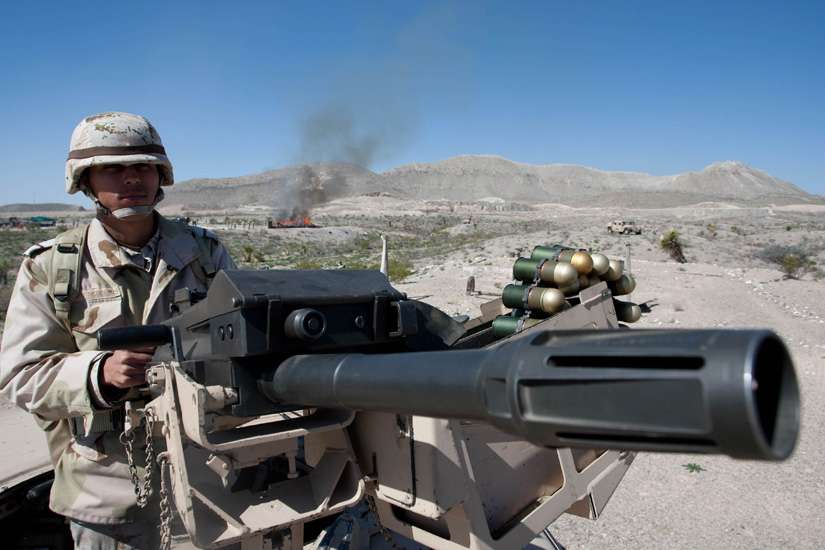The Vatican's papal planning team, along with representatives of the Mexican government, visited in preparation for a possible trip, which would include encounters with the community, priests and seminarians and perhaps a prison visit in a lockup previously considered the worst in Latin America.
"The probability is very high that he comes to Juarez," said Fr. Hesiquio Trevizo, spokesman for the Diocese of Ciudad Juarez.
Mexican Church officials say Pope Francis will arrive Feb. 12 in the world's second-most populous Catholic country, for the first time in his papacy. Planning teams have also visited Mexico City, Morelia in the western state of Michoacan, and Chiapas in southern Mexico, according to press reports and statements from the Mexican bishops' conference.
Pope Francis has previously said he wanted to visit Ciudad Juarez in 2015 and cross the border into neighbouring El Paso, Texas, in an act of solidarity with migrants, many of whom transit Mexico in attempts to reach the United States.
Trevizo said such a crossing is unlikely on the 2016 papal visit. He said the border visit would be for a day and expressed hopes the papal visit would "reinforce the faith" in a city with growing non-Catholic congregations and still scarred by the violence erupting after rival cartels disputed a coveted drug-trafficking corridor.
"It's a city that has experienced conflicts," he said. "It's lived through deep crises such as the killing of so many women, the war against drug trafficking, which left more lives lost than a traditional war."
Ciudad Juarez, which mushroomed as factories for export were built near the U.S. border, became notorious for murdered and missing women, whose cases went unsolved and unpunished. Drug violence exploded late in the past decade and hit the city especially hard, along with factories suspending operations due to the 2008 world economic crisis.
The economy has bounced back, but the conditions in the maquiladoras, as the export factories are known, are not always ideal, and priests say the conditions led to situations of both parents working long hours make ends meet, while children were left without guidance.
"There is plenty of work, but it's poorly paid," said Fr. Roberto Luna, pastor at the Corpus Christi parish, where crime was so bad that thieves stole the church bell. "People worry about losing their jobs, but, at the same time, they're looking to make more."
Violence has diminished to the point Ciudad Juarez, with a population of 1.3 million, registered just 17 homicides in October, though priests caution the issue is not entirely resolved.
The local prison, where a riot left 18 dead in 2011, is also being renovated to eliminate issues such as overcrowding and inmates running the institution.
"Violence has increased in other parts of Mexico," Luna says. "It's has taken attention away from Juarez."


